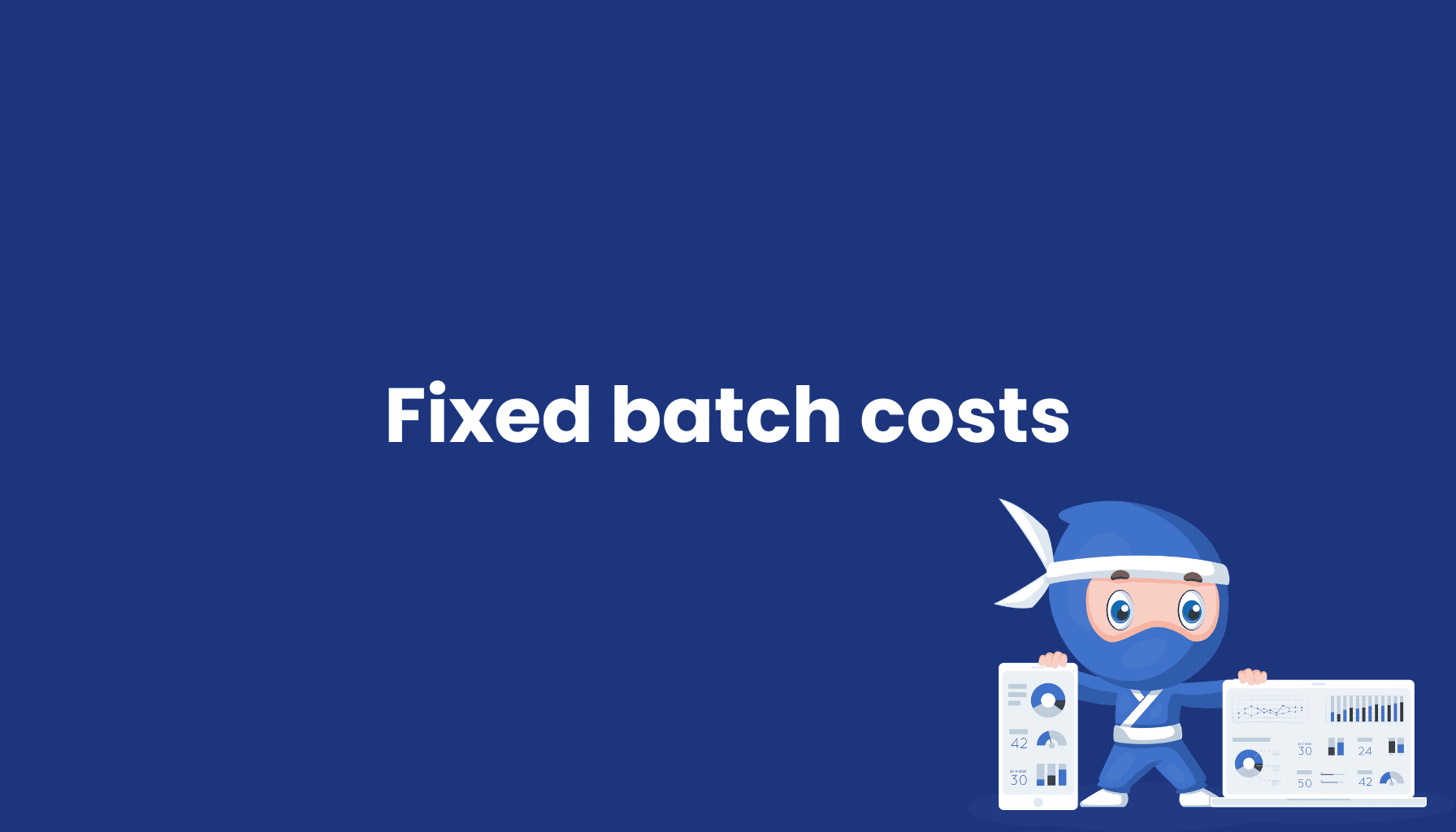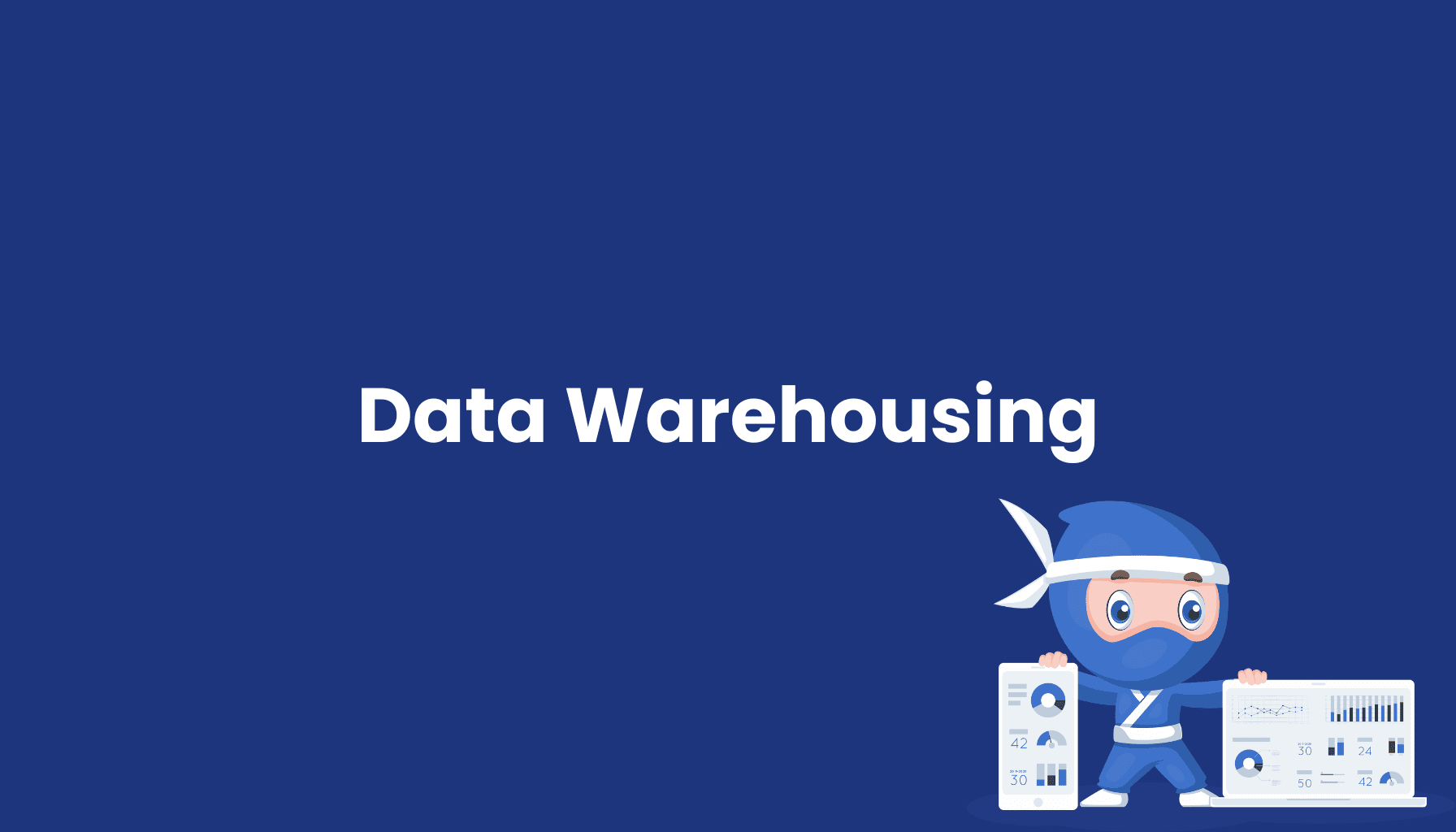Fixed batch costs

What are Fixed Batch Costs?
Fixed batch costs refer to expenses that remain consistent for each production batch, regardless of the size of the batch being produced. These costs are incurred whenever a new batch is started, meaning that their total remains unchanged even if the number of units within the batch changes. Examples of fixed batch costs include setup costs, equipment calibration, and quality inspection costs.
Key Characteristics of Fixed Batch Costs
- Constant Expenses: Fixed batch costs do not vary with the number of units in a batch; they apply uniformly to each production run.
- Examples: Common examples include machine setup costs, changeover times between different products, and batch-specific quality checks.
- Cost Efficiency: These costs can be spread over larger production lots to decrease the per-unit expense, making it crucial to optimize batch sizes.
Benefits of Managing Fixed Batch Costs
- Cost Reduction: Distributing fixed batch costs across larger production runs can lower the overall cost per unit.
- Accurate Costing: Clear identification of fixed batch costs allows for better budgeting and cost analysis.
- Enhanced Production Planning: Understanding these costs helps manufacturers decide on optimal batch sizes, minimizing waste and improving profitability.
Fixed Batch Costs in the Manufacturing Industry
In manufacturing, fixed batch costs are critical for effective production planning and cost management. Costs like setup time and batch-specific inspections are integral to the production process. Managing these costs efficiently helps manufacturers maintain profitability, especially in high-mix, low-volume production environments. Implementing Manufacturing Execution Systems (MES) can aid in automating setups and quality checks, further reducing the impact of fixed batch costs.




-1.png)
-1.png)